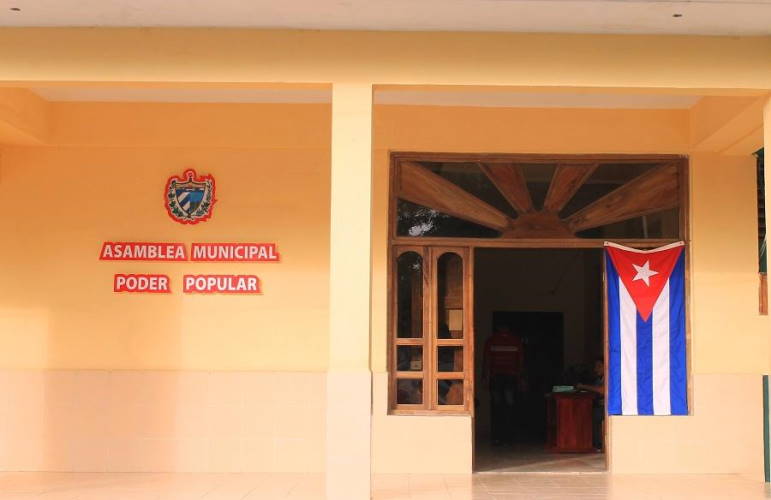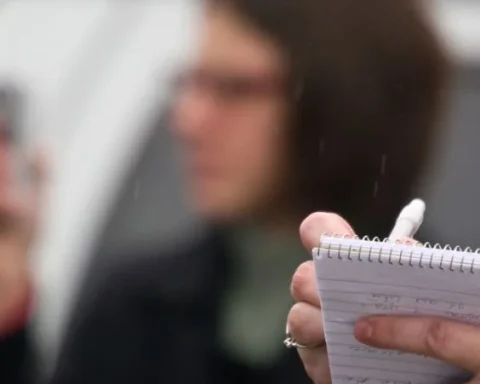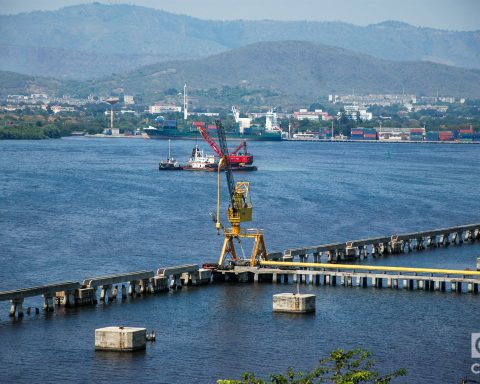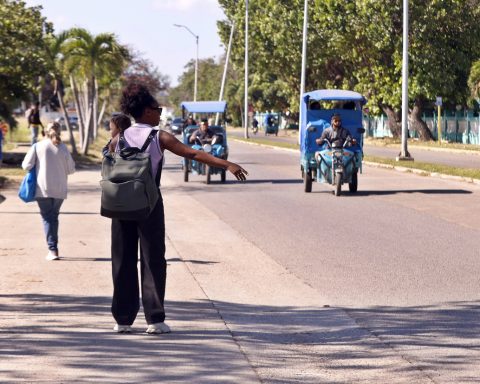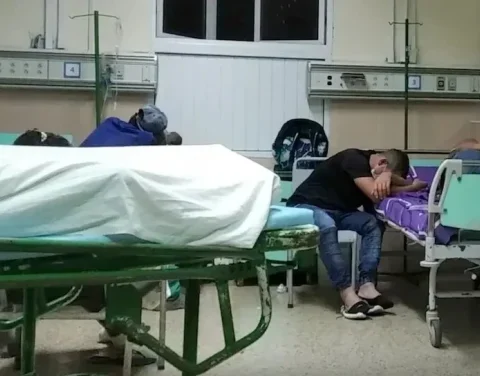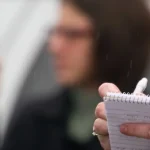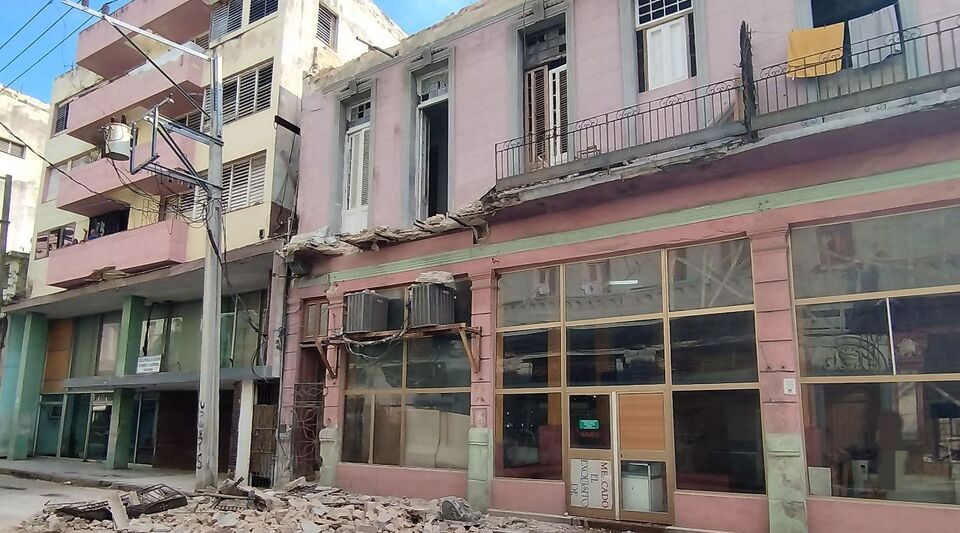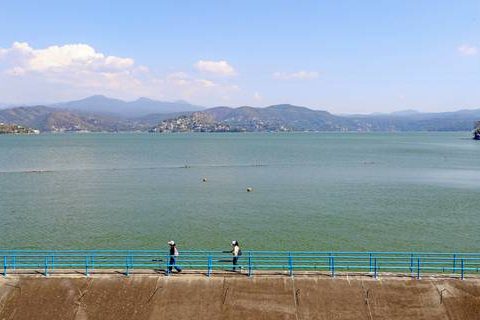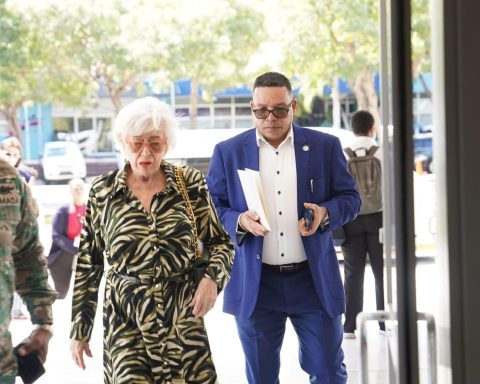Havana Cuba. — Last Sunday, the newspaper Granmathe official organ of the Cuban communists, published a journalistic work with a gruesome title: Where the power of the people sits. The text, the work of Mailenys Oliva Ferrales, tries to make a kind of apology for the municipal bodies of Castroism, which have just installed and invested their respective presidents and vice presidents.
How could it be otherwise, the colleague of the ruling party offers its readers a sweetened version of the political system enthroned in the unfortunate Cuba by the regime of their loves. According to that, in the aforementioned system everything would point towards unrestricted respect for the popular will. What a misfortune for Mailenys that reality does not conform at all to those good wishes!
And for the record that I am referring not to the practice observed in that lower echelon of the so-called “Popular Power”. Quite the contrary: what I am referring to is what the Castro laws themselves expressly provide; to the way in which its articles collect the means that the regime with a totalitarian vocation uses to make demagogy and manipulate the true will of its subjects. But let’s go in parts.
Oliva Ferrales’s nonsense begins in the first paragraph of her writing. There, with a tone that a hagiographer would not despise, she says: “Leaved from their neighborhoods and elected by their own neighbors, the Cuban delegates to the municipal assemblies of Popular Power reaffirm with the recent constitution of those government bodies in the 168 municipalities of the nation, that the authority of the people is based there, in the most important structure of our political system”.
First of all, the following must be said: this last statement represents an obvious and gross misrepresentation of today’s realities in this Greater Antilles. It is true that in any country the councils resolve matters of secondary importance and purely local significance, but in Cuba it is not uncommon that they cannot even do that! How can they then be “the most important structure”!
It is about the fact that, in our country, the system of Marxist-Leninist inspiration has entrenched an absurd centralization, which proclaims and sustains at all costs, as the basis of the national economy, ineffective bureaucratic planning. Under these conditions, Cuban councilors can’t even decide if —let’s say— their municipality is going to focus its activity on potholing the streets or erecting certain buildings. For that, they need the bureaucrats in the capital to decide whether or not to allocate the necessary resources (asphalt in one case; cement and other construction materials, in the other).
And, of course, don’t even think about participating in making the most important decisions. In theory, the latter constitute a faculty of the “National Assembly”. In practice, they represent a monopoly of the Central Committee of the only party, which meets a couple of days before each session of the “supreme body of state power” to determine what the latter must approve. This vicious and unfortunate reality was revealed again just a few days ago.
Because they do not decide, the municipal assemblies do not even freely elect their President and Vice President. The two corresponding candidates are presented by the Municipal Candidacy Commission. It is an apparatus designated by the “mass organizations”, a tricky monstrosity designed by the Castroites to perpetuate themselves in power. Pursuant to article 139 of the Electoral Lawthe only faculty of the councilors is to determine, between the two proposed candidates, which will be the President and which will be the substitute.
The author’s manipulation of reality even extends to her use of electoral figures. In any normal country, popular support for a candidate is represented by the percentage of votes she received, compared to that achieved by her competitors.
According to Mailenys, this is not the case in Cuba. In her article, she talks about the “majority support of 68.56% of voters.” In other words: that proportion of voters who attended the elections (according to official figures, which are highly debatable because they were prepared without the participation of opposition or even independent observers) would represent en masse the support received by the winning candidate in each constituency.
In the final paragraph of her hagiographic article, Oliva Ferrales refers to the activity of the recently constituted municipal assemblies, and affirms in this regard: “It is to assert the commitment to the truth, it is to create and transform; it is embracing possible changes, it is seeking a solution to each challenge, it is banishing indolence and apathy from communities; it is, in essence, an inalienable way to continue building the better country to which we all aspire”.
Luckily, along with the ambitious paragraphs that I have cited, the colleague, in the downspout and the text of her article, states a much more modest claim: “Thus begins a new stage of work in which nothing will be simple.” Delicate euphemism to refer to the catastrophic state to which communist policies have led poor Cuba!
OPINION ARTICLE
The opinions expressed in this article are the sole responsibility of the person who issues them and do not necessarily represent the opinion of CubaNet.
Receive information from CubaNet on your cell phone through WhatsApp. Send us a message with the word “CUBA” on the phone +525545038831, You can also subscribe to our electronic newsletter by giving click here.
